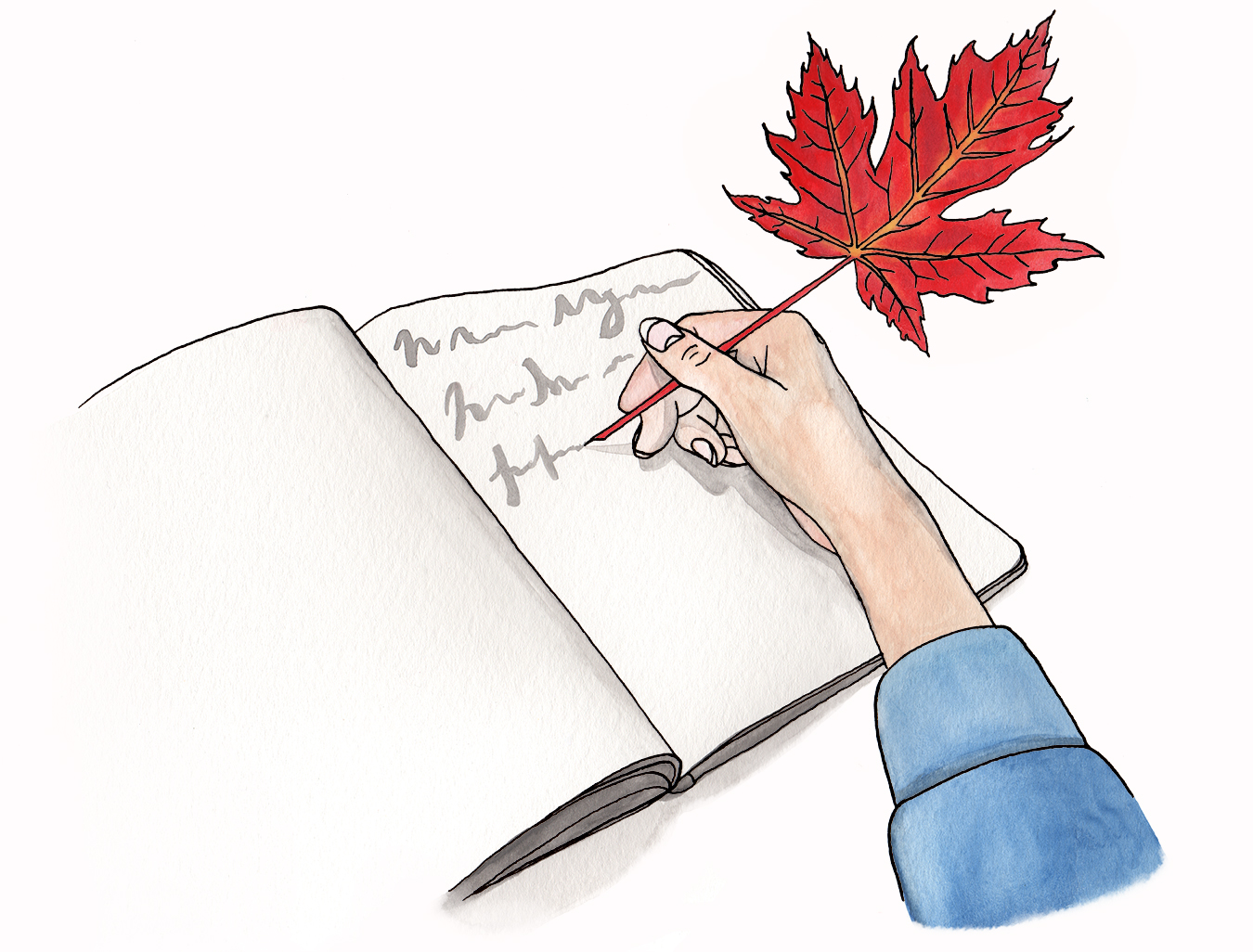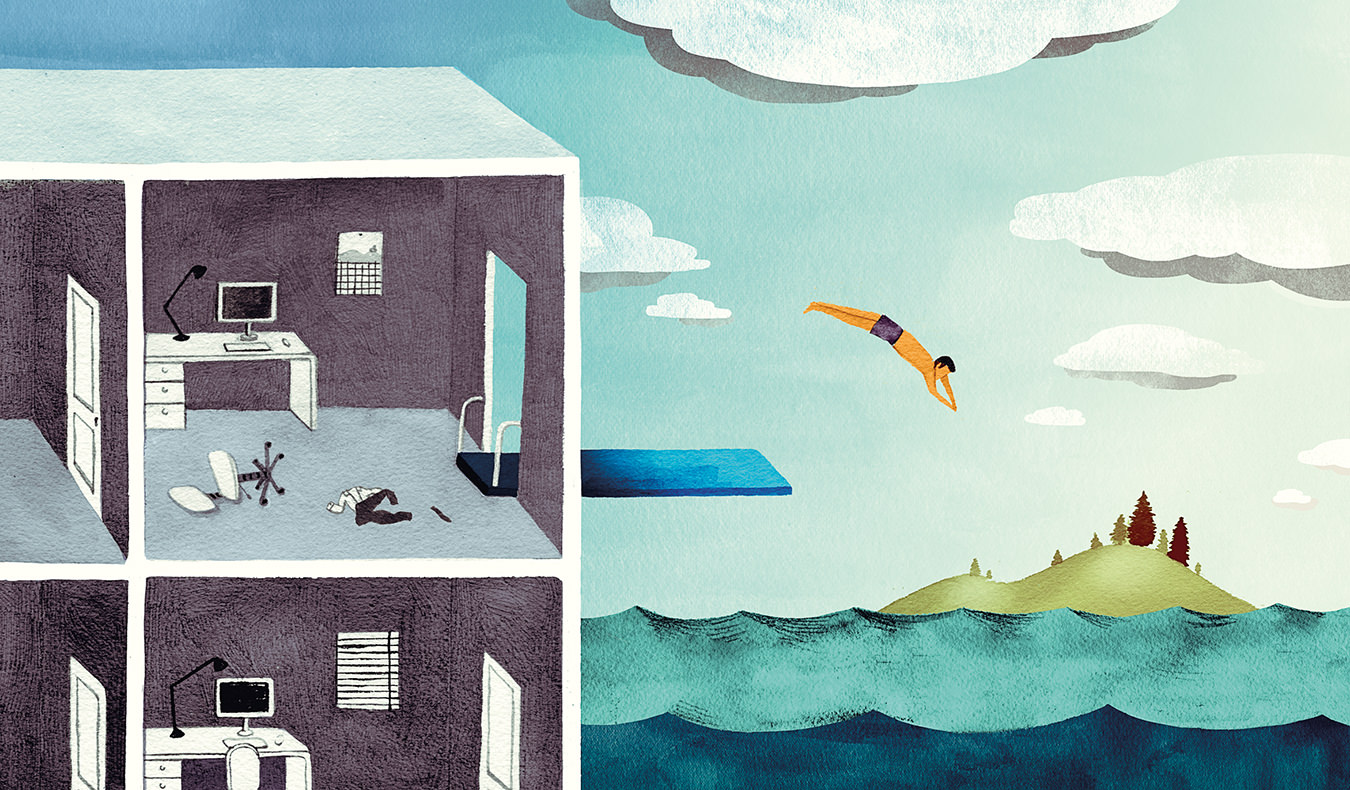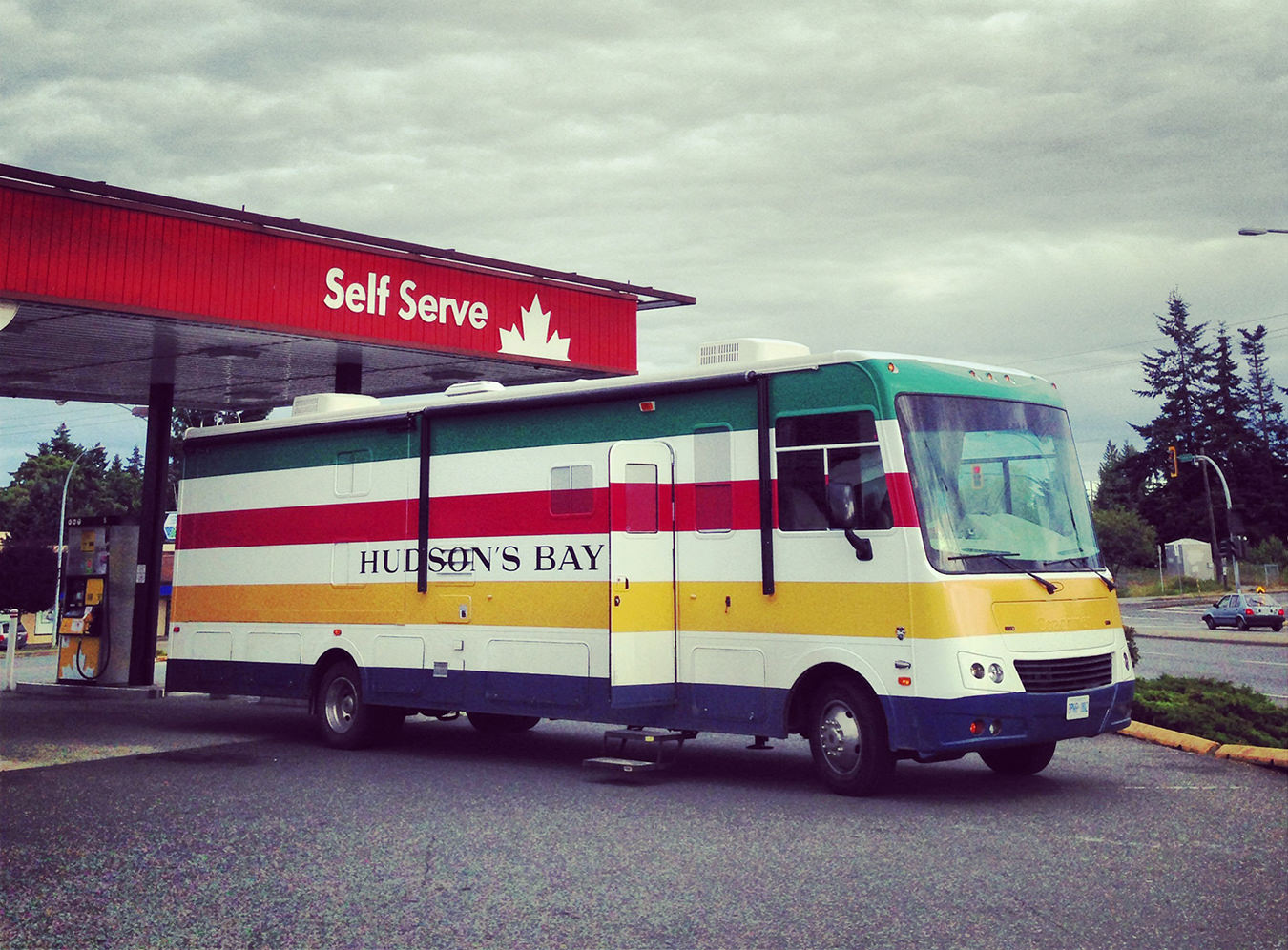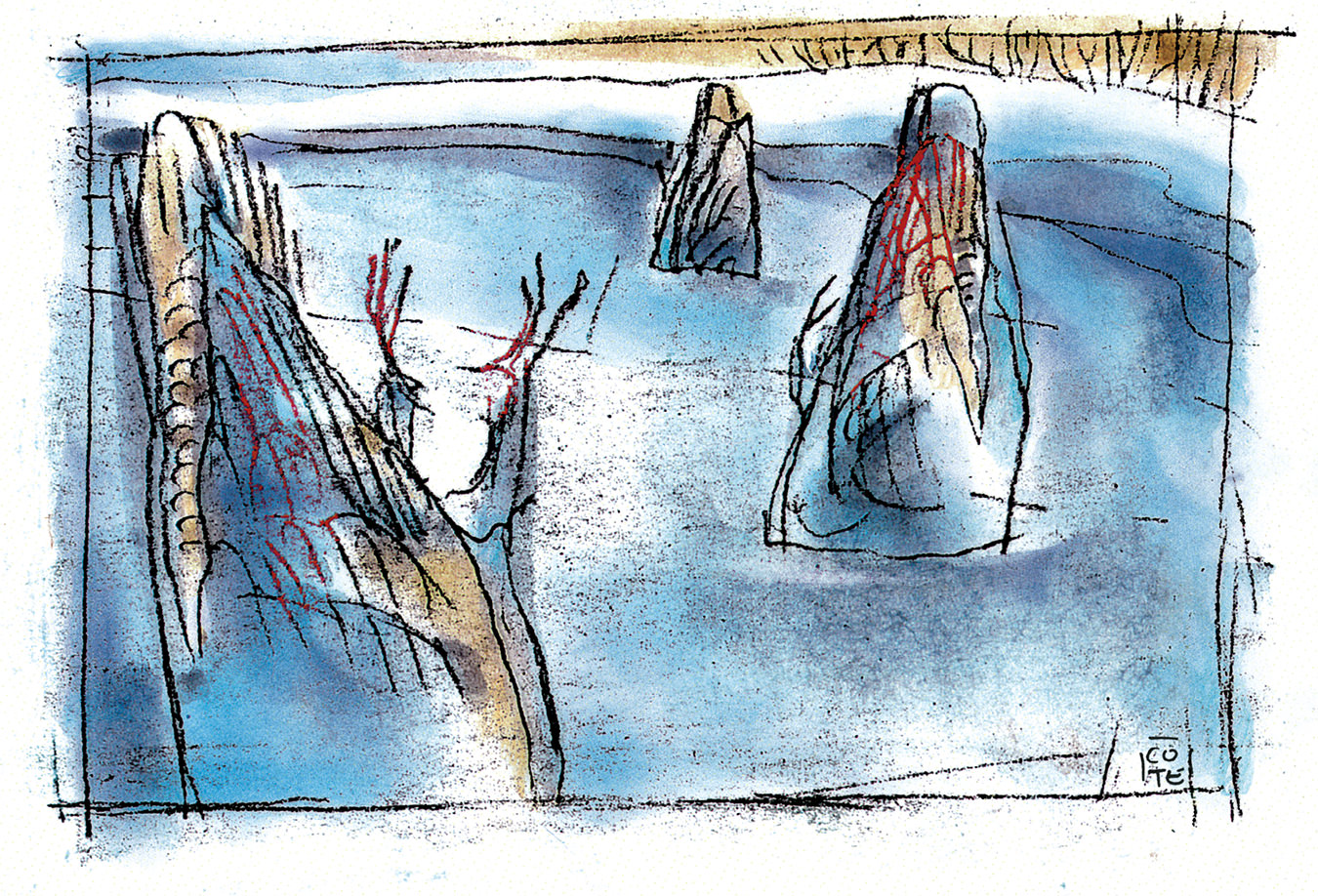The Poets Laureate of Canada
What does it mean to be a Canadian poet laureate?

The term “laureate” harks back to ancient Greece, where laurel wreaths enshrouded the temples of honoured individuals—athletes, politicians, even depictions of gods. In 1688, the British first thought to honour their poets similarly, coining the title of “poet laureate”—a writer selected by the monarchy to craft verse for royal occasions.
Canada anointed its first parliamentary poet laureate, George Bowering, in 2002. Bowering was selected from a list of nominees, as is still tradition, by a committee consisting of the nation’s Commissioner of Official Languages, the Librarian and Archivist of Canada, the Chair of the Canada Council of the Arts, and the Parliamentary Librarian. That year, Canadians also began electing regional poets laureate to represent individual cities—an honour bestowed by a special committee on each city’s council.
While the duties of a poet laureate vary from place to place, to carry the title connotes one is responsible for raising awareness of the poetic form, crafting new material to be read on national and regional occasions, and representing Canada’s poetry community by hosting workshops and giving lectures. To better understand the nuances of the role, we spoke to laureates from select Canadian cities (and a Territory) about what the title means to them. Read more, below.
- Canada’s parliamentary poet laureate George Elliott Clarke
- Victoria’s poet laureate Yvonne Blomer
- The Yukon’s poet laureate pj johnson
- Calgary’s poet laureate Micheline Maylor
- Edmonton’s poet laureate Pierrette Requier
- Charlottetown’s poet laureate Deirdre Kessler
- Halifax’s poet laureate Rebecca Thomas




